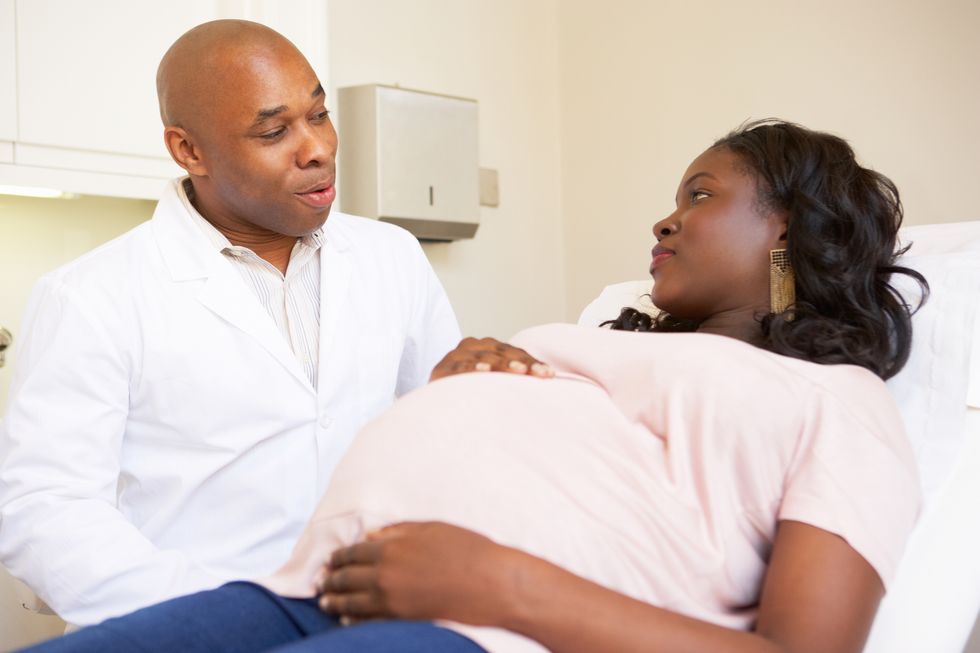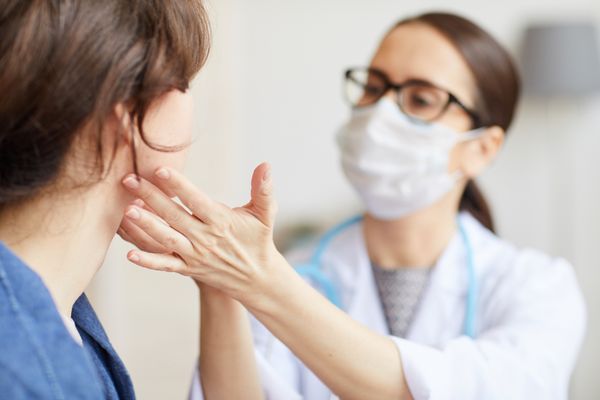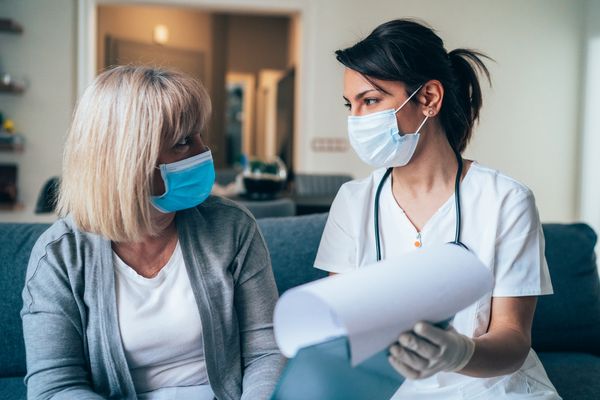Unfortunately, black women have to be especially aware of certain health conditions. It sounds scary, but the more you know, the better. Here are a few health issues that black women may want to learn more about.
Sickle cell anemia
In the United States, this genetic disorder most commonly affects black people. For a baby to be born with sickle cell anemia, both parents must carry a sickle cell gene.
Sickle cell anemia is an inherited form of anemia, a condition where there aren't enough healthy blood cells to carry oxygen throughout your body. Red blood cells are normally flexible and round, moving easily through blood vessels. When you have sickle cell anemia, red blood cells become rigid and are shaped like crescent moons. Because they're irregularly shaped, they get stuck in small blood vessels. That can block blood flow and oxygen to parts of the body.
There is no cure for most people with sickle cell anemia. Treatments can relieve pain and help prevent problems associated with the disease.
Premature delivery
A preterm birth is when a baby is born early enough to potentially cause problems with the baby—before 37 weeks of pregnancy have been completed. In 2016, about one of every 10 infants had a preterm birth. The rate of preterm birth was 14 percent among African-American women in 2016, says the Centers for Disease Control and Prevention. That's about 50 percent higher than the rate of preterm births among white women, which was 9 percent. Read more about managing risk factors for premature birth.
Breast cancer
Black women are 20 percent to 40 percent more likely to die from breast cancer. That's due to factors like genetics, differences in health care and the biology of cancer. The American College of Radiology and the Society of Breast Imaging recommend that black women be added to groups considered at high risk for breast cancer, the first time black women have been classified as a high-risk group.
The organizations suggest that women at high risk for breast cancer have screenings more frequently and use an MRI or ultrasound as well as a mammogram. They say a woman at high risk might have a mammogram at the beginning of the year and then an MRI six months later. They suggest that these women get evaluated starting no later than age 30.
Diabetes
Certain populations are at an increased risk for diabetes. According to the American Diabetes Association, 13.2 percent of all African Americans age 20 or older have diagnosed diabetes. African Americans are 1.7 times more likely to have diabetes as non-Hispanic whites.
Cervical cancer
A study published in Cancer found that the death rate from cervical cancer in the United States is higher than previously thought, especially among African-American women. Researchers found that black women in the U.S. are dying from cervical cancer at a rate 77 percent higher than previously believed. That's twice the rate of white women in the United States. Researchers also found that black women age 85 and older had the highest death rate. The study found that black women in the U.S. who haven't had a hysterectomy are about as likely to die from cervical cancer as women in underdeveloped countries of sub-Saharan Africa.
Most medical organizations suggest that all women between the ages of 21 and 29 have a Pap test every three years. Women between ages 30 and 65 should have a Pap test and an HPV test every five years or a Pap test alone every three years. Women over age 65 who have had regular screenings with normal results shouldn't be screened for cervical cancer. Women who've been diagnosed with cervical cancer should continue to be screened according to their doctors' recommendations.







